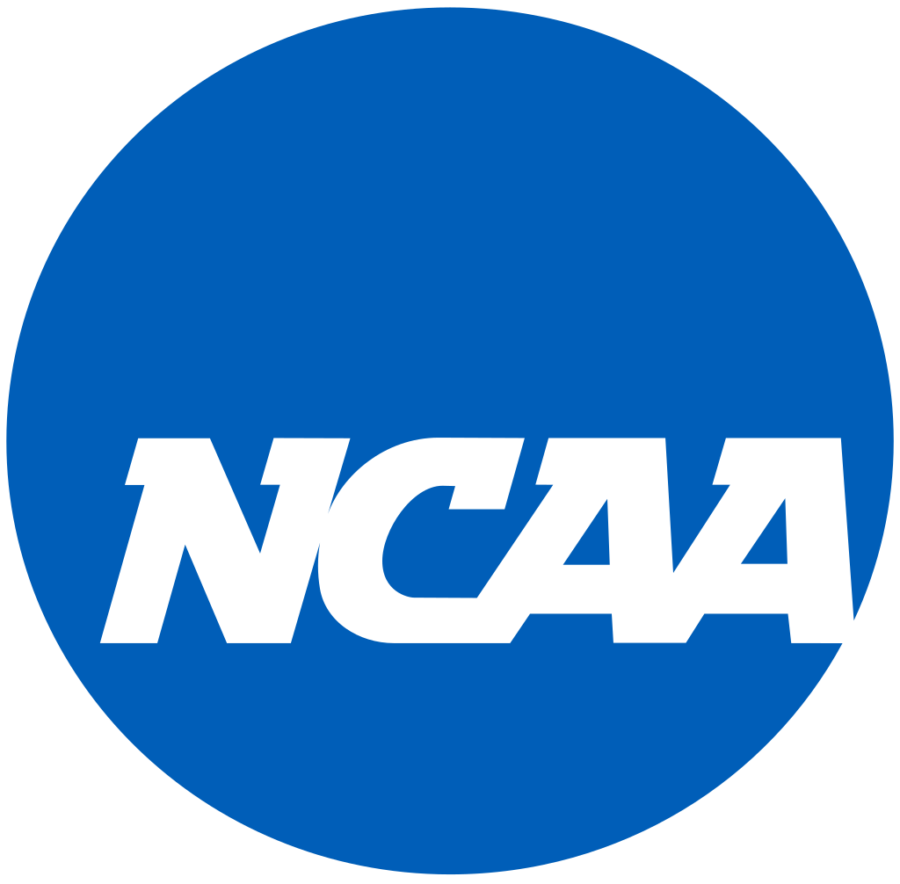- Sports
- Sports / Football
- Sports / Golf
- Sports / Mens Cross Country
- Sports / Soccer
- Sports / Volleyball
- Sports / Womens Cross Country
NCAA Board of Governors issues additional COVID-19 guidelines for fall sports
August 5, 2020
In a press release, the NCAA Board of Governors released further COVID-19-related guidelines for decisions on fall sports and student-athlete safety.
In recent days, players from the Big Ten and Pac-12 conferences have chosen to opt out of the 2020 season. This issue is something the NCAA Board of Governors addressed in Wednesday’s press release. “All student-athletes must be provided an opportunity to opt out of participation due to concerns about contracting COVID-19 and if a student-athlete chooses to opt out, the individual’s athletics scholarship commitment must be honored,” the press release said. “Appropriate eligibility-related accommodations must be made for student-athletes who opt out of participating this fall or those whose seasons are interrupted or cut short due to COVID-19.”
The NCAA Board of Governors is also asking each division to make rules in regards to COVID-19-related health costs.
“Divisions must develop rules providing that member schools will cover COVID-19-related health costs related to infections that local health officials reasonably believe were the result of student-athletes’ sports participation.”
The NCAA Board of Governors also said, “While statements of personal commitment to health and safety are acceptable, member schools may not require student-athletes to waive their legal rights regarding COVID-19 as a condition of athletics participation.”
The deadline for divisional governance action on COVID-19 rules and regulations is Aug. 14.
The press release said Division I and II have to make their own decision on fall sports championships by Aug. 21.
The NCAA announced Wednesday Division III fall championships have been canceled.
In regards to football, since the NCAA Football Bowl Subdivision (FBS) runs its fall championship the college football players (not controlled by the NCAA) guidelines affecting fall championships would affect other fall sports such as cross country, soccer and volleyball.
Potential cancellation of Football Championship Series (FCS) and Division II football, as well as the confirmation of Division III football being canceled, however, could pressure the FBS to not have a season.
Recently, the NCAA cleared FBS schools, schools such as Iowa and Iowa State, to start the football season Aug. 29.
Iowa State’s season was supposed to start Sept. 5, but it may not as it has to eliminate two nonconference games (Iowa State has nonconference games scheduled for Sept. 5, 12 and 19).
The NCAA also published guidelines for how fall sports should be conducted.
“NCAA fall sports championships must be conducted using the principles associated with developing enhanced safety for student-athletes and essential athletics personnel. The enhanced safety includes regular testing, separation of student-athletes and essential personnel from all other nonessential personnel, and physical distancing and masking policies during all aspects of non-competition.”
The NCAA also said if 50 percent of eligible teams for a sport decide to either postpone or cancel its season, there will be no NCAA championship for that sport.
In order for a division to postpone or cancel a season, it needs to be based off of scientific data.
“If any division elects to postpone fall sports championships, the decision to conduct the championships at later dates must be based on the scientific data available at that time, as well as an assessment of the operational, logistical and financial impact of proceeding,” the press release said. “When a championship is set to occur on a new date, an additional assessment must be made using the same factors (scientific data available at the time and operational, logistical and financial impact), and the division will report its determinations to the Board of Governors for its review.”
The NCAA is not prohibiting divisions to cancel one championship sport but to run the championship for a different sport.
“A division may allow for some fall sports championships to occur and others not be conducted based on level of risk to the student-athlete, but in all instances, decisions must comport with the Association’s commitment to gender equity,” the press release said.
In order for there to be fall sports, “All member schools conducting fall sports programs must employ and adhere to the protocols set forth in the Resocialization of Collegiate Sport: Developing Standards for Practice and Competition document and subsequent updates. Such protocols should be implemented for all athletically related activities (voluntary, required and out of season) and in-season practice and competition (preseason, regular season and postseason). If a change in local circumstances warrants a discontinuation of athletics activities, schools should make that decision in conjunction with public health officials as outlined in the resocialization document. We have set guidelines that schools must follow, but these guidelines do not support attempting sports in areas where there is significant spread of the virus.”
All NCAA schools must follow federal, state and local guidelines related to COVID-19.
“Further, the conduct of NCAA fall sports championships must be in line with federal, state and local guidelines,” the press release said.
A hotline will be established by the NCAA hotline with an email and phone number “for concerns to be raised about whether an athletics department is meeting the obligations reflected in the resocialization standards or otherwise engaged in behavior that puts student-athletes at risk of COVID-19. Upon receiving a concern, the NCAA will notify the campus athletics health care administrator and conference office about the concern. The athletics health care administrator will be expected to take immediate reasonable measures to review the concern and notify the NCAA of action taken, if action is necessary.”
According to the press release, “The deadline for NCAA national office action is Aug. 14.”







